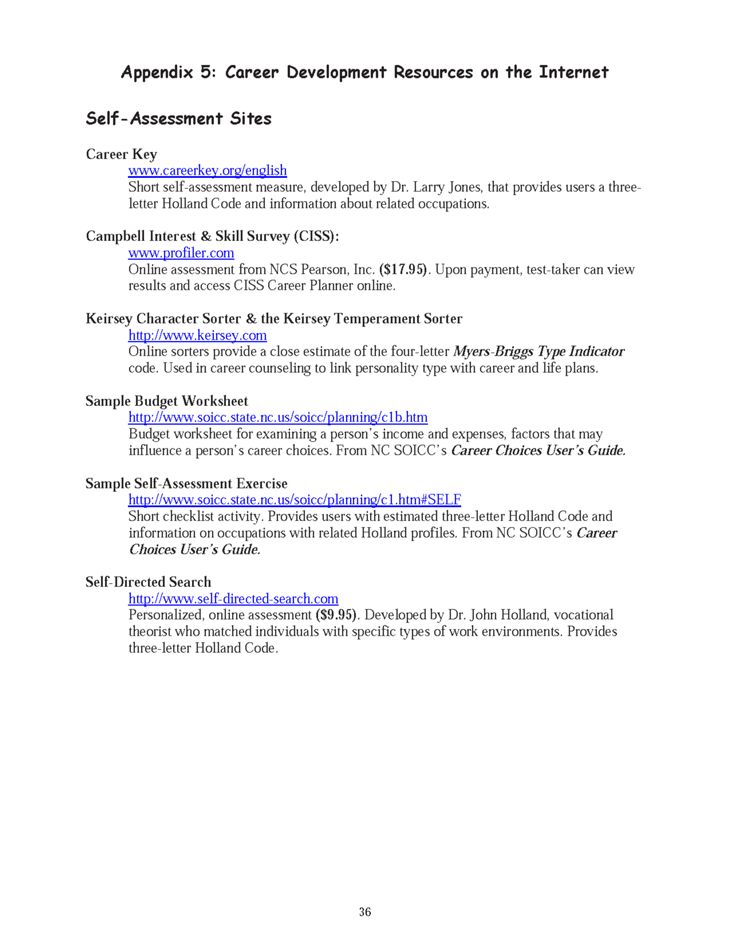
A Careers Adviser facilitates the process of making career choices. They assist in identifying your passions, strengths, and priorities. Additionally, they can make suggestions regarding possible career paths. They can offer support and guidance while you explore your options and suggest resources and strategies to help you make the right decision for you. Here are some of the many benefits of working alongside a Careers Advisor. Read on to find out more. The Careers Adviser is responsible for:
Job duties
The job duties of a career adviser are varied and include helping individuals and groups make decisions about training, study, and employment. Career advisers also advise on preparation for interviews, test, and assessment centre procedures. Many advisers work in regular office hours, some even working weekends. You can either earn your degree through work-based learning or higher education to qualify for a career in the field of adviser. There are generally four to five highers required to be admitted to a full time postgraduate program.
Training as a careers adviser is usually provided in-house, though external training programmes may be required. Once qualified, career advisers may progress to supervisory, team, or management positions. The organization's structure and performance assessment will often determine whether a senior adviser or manager is possible. Some advisers may specialise in specific fields, such as disability or special educational needs. Some are freelance career advisers. If you have a career counselling background, you may also choose to take a course in that field.

Education requirements
Each state has its own requirements regarding education for career counselors. In general, a master's degree in a related field is required. Some advisers may choose to take courses on career development. Candidates should not only have a master's but also have relevant experience. This kind of experience can prove invaluable when helping clients plan for the future. Employers prefer to hire licensed careers advisors, but licensure is not mandatory in every state.
There are a variety of education requirements for careers advisers, depending on the type and level of degree. For a junior career adviser, the starting salary will be approximately PS25,000. A senior adviser might earn as much as PS50,000. The type and location of the employer will impact how much you earn. While higher education careers advisers typically work from an office, those in the private sector can travel between campuses and spend some time in lecturehalls. Universities, colleges, or other institutions could employ higher education advisers. Postgraduate qualifications in career advice are not required for employment.
Employment outlook
The role of a career advisor is to help people make choices about their future. The job outlook is based on the number of people expected to be employed in a given occupation over the next few years. In the U.S., the Bureau of Labor Statistics provides this information every two years. When choosing a career, it is important to look beyond the future.
A careers adviser's outlook on the job market is quite different from that of all other occupations. Although the average career outlook for careers advisors is better than the nine to thirteen percent overall job growth, it is still not as good as it might seem. This outlook doesn't necessarily translate into higher salaries. Even with a bad outlook, a careers advisor can still make it in this field. The average salary is $69,000, which is well below the national average.

Pay scale
The experience of a career adviser and where they are working will affect the amount of their salary. The pay range for a trainee careers adviser starts at PS22,000 per year and increases to PS33,452 to PS39,643 for a qualified career adviser. Other careers advisers may earn up to PS26,000 and rise to PS35,000, while senior advisers can earn up to PS45,000 per year.
The salary for a Careers Advisor in Syria is between 1,825,000 Syrian pounds and 2,543,000 SYP. Women are more likely to become careers advisors than men, but they still make higher salaries. Career advisors average 1,825,000 SYP in comparison to their female counterparts. Learn more about the salary range for Careers Advisors if you are interested in this career.